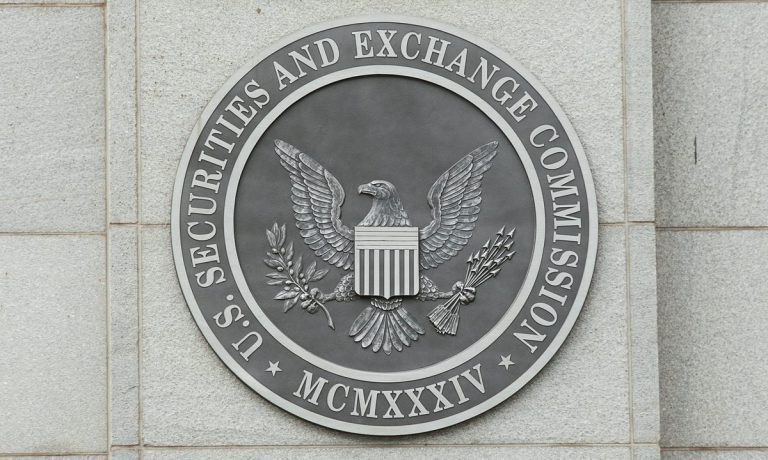Today in TechREG: SEC’s Gensler Asks Congress for Additional Funds; UK Regulator Steps up Efforts Against Authorized Push Payments Scams

Today in TechREG, the chair of the U.S. Securities and Exchange Commission (SEC) urged Congress to increase the agency’s budget to hire more staff to implement its enforcement and rulemaking plans on crypto and artificial intelligence (AI).
Additionally, the chair of the Commodities Future Trading Commission (CFTC) participated in the FINRA annual meeting to discuss crypto assets and regulation. Meanwhile, the European Parliament debated on the proposal to put a 15% global minimum corporate tax rate into law.
SEC’s Gensler Urged Congress to Fund Crypto, AI Reg., Enforcement Plans
For all the initiatives that the SEC wants to engage in, the agency needs a boost in its budget to cover the additional costs, and this is what Gary Gensler asked for in a hearing before the Subcommittee on Financial Services and General Government U.S. House Appropriations Committee.
Gensler explained to the House that in order to maintain the “gold standards” that the SEC has, they need more staff and resources — and right now, the agency has 4% fewer staff than it did in 2016. For the fiscal year 2023, the SEC is requesting an 8% increase over FY22. This would mean around 400 new staff, 90 of those to be assigned to the enforcement and examination divisions, the “cops on the beat and eyes and ears on the ground,” as Gensler described.
CFTC’s Chairman Discusses Crypto in FINRA Annual Conference
CFTC Chairman Rostin Behnam participated in a conversation about his agenda and the state of cryptocurrency regulation with FINRA President and CEO Robert Cook at the 2022 FINRA annual conference.
This participation comes two days after SEC Chair Gary Gensler also expressed his views at the same event, suggesting that many crypto assets should be considered securities and supervised by the SEC.
BIS Publishes Report on the Institutional Adoption of Cryptocurrencies
The Bank for International Settlements (BIS) found that banks’ direct exposures to cryptocurrencies have remained limited thus far, notwithstanding that some banks are considering a more active role in providing cryptocurrency-related services in the future.
A new BIS report suggests that the footprint of the current generation of cryptocurrencies does not mark a sharp departure from the existing financial ecosystem. Instead of relying on a trust-free — i.e., on-chain — environment, a new set of agents are offering convenience, market access, transaction scale and liquidity to these markets in much the same manner as in commercial banking and securities trading, albeit without the same degree of regulatory and supervisory oversight.
UK Payment Regulator to Get More Powers to Fight Authorized Push Payment Fraud
The U.K. Payment System Regulator (PSR) is continuing its fight against authorized push payment (APP) fraud, and new rules and legislation will provide the regulator with more tools to reduce fraud and to demand compensation from banks.
To reduce this fraud, one of the actions taken by the regulator was to publish a new rule in February 2022 that paved the way for more banks and building societies to adopt Confirmation of Payee (CoP), the bank account name checking services.
The plan started in 2020 with the U.K.’s six largest banking groups, but the new rule in 2022 expanded the scope of the plan, and by May 31, 2022, Phase I will be closed. In Phase II, which starts on June 1, all the payment service providers (PSP) will need to make sure that the CoP service is available.
EU Parliament Debate Minimum Corporate Tax Rate
In a debate with Commissioner Mairead McGuinness, Plenary will discuss the proposal that would put into law the international agreement reached last December for a 15% global minimum corporate tax rate. European Parliament members will vote on their position on Thursday (May 19) and are likely to ask for the initiative to be implemented quickly.